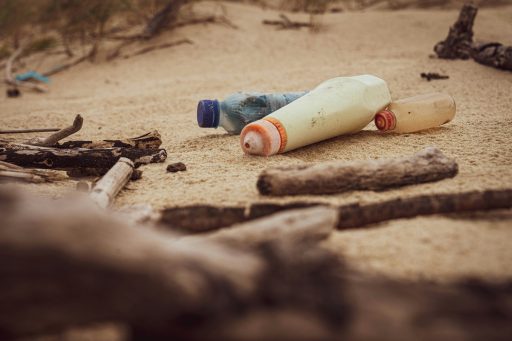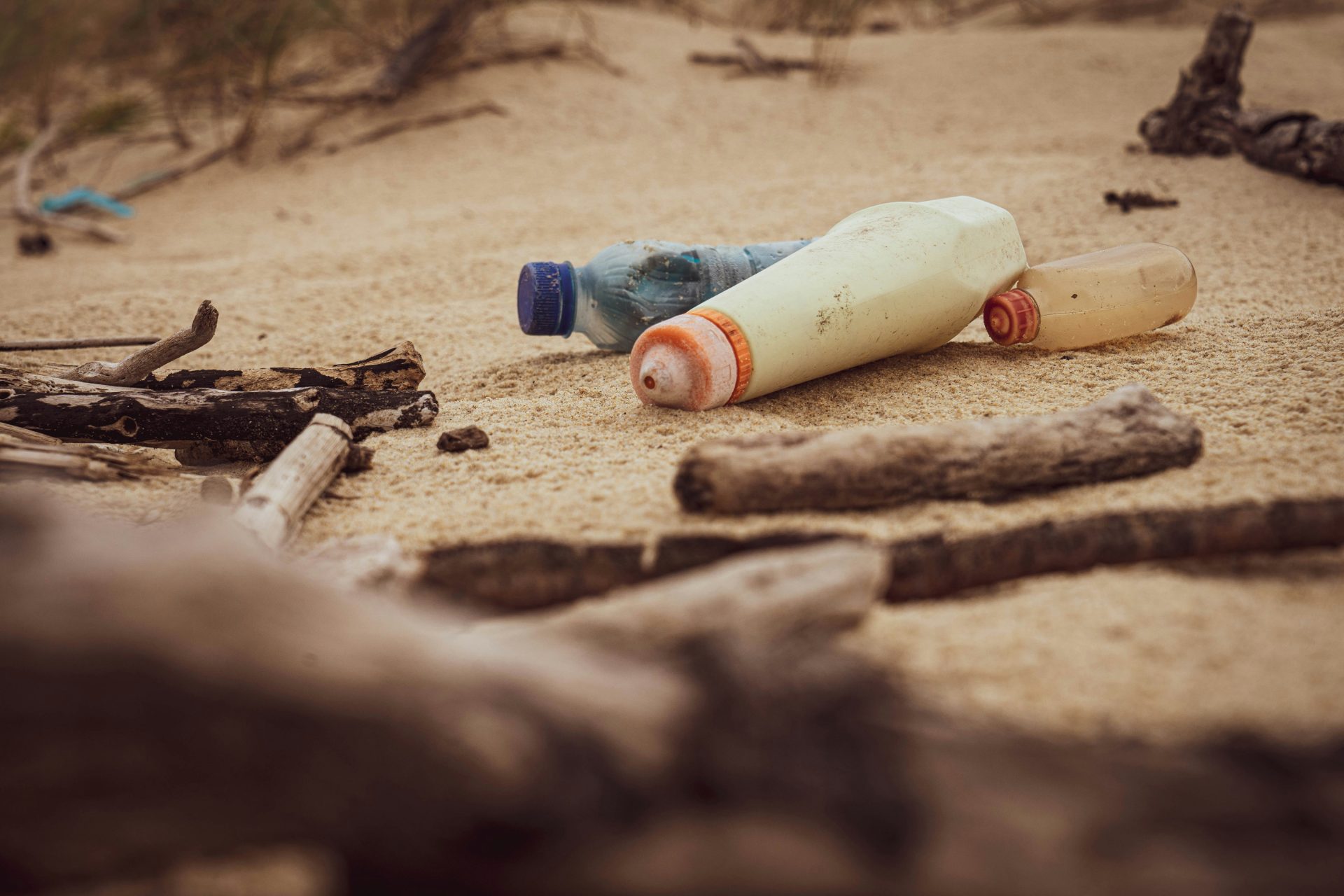A Breakthrough in Microplastic Pollution Control
Scientists have developed a revolutionary sponge using cotton and squid bone that can filter 99.9% of microplastics from water. This innovative approach has the potential to significantly reduce the harmful impact of microplastic pollution on ecosystems and human health.
Nature-Inspired Technology
Researchers from Wuhan University designed the sponge using natural materials: cotton and squid bone. These materials work together to trap microplastics effectively. Unlike earlier methods that were suitable only for controlled settings, this sponge demonstrates scalability, offering a feasible solution for widespread use.
Microplastics Are Everywhere
Microplastics are tiny plastic particles that come from broken-down waste, synthetic fabrics, and other sources. They have been found in oceans, rivers, and even drinking water. These particles carry toxic chemicals and can infiltrate the food chain, posing serious risks to marine life and human health.
Why This Innovation Matters
This sponge offers a practical and efficient way to remove microplastics from water sources, addressing a critical global issue. Its success on a large scale could protect ecosystems, reduce health risks, and contribute to global efforts to tackle plastic pollution.
A Step Toward Cleaner Water
If widely adopted, this sponge could be a game-changer in combating microplastic pollution. It highlights how nature-inspired technology can address environmental challenges, paving the way for more sustainable solutions in the fight against plastic pollution.
Source: The Guardian





